A brief description about this Activity.
The "Measurement System Analysis (MSA) Expert" course is an in-depth training program meticulously designed for professionals seeking to master the technical and practical aspects of measurement systems in quality management. This comprehensive course provides a detailed exploration of Measurement System Analysis (MSA), equipping participants with the skills necessary to evaluate the accuracy and precision of their measurement systems, understand the impact of measurement errors on product quality, and improve overall system performance. Participants will begin with the basics of MSA, learning foundational concepts that are crucial for understanding how measurements affect quality. The course then progresses to more advanced topics such as conducting Type 1 Gage Studies, utilizing run charts to analyze measurement systems, and performing Gage Repeatability and Reproducibility (GRR) Studies. Each module is designed to build upon the previous one, ensuring a thorough grasp of how to assess and enhance measurement system reliability and effectiveness. Key areas of focus include: - Measurements of Accuracy and Precision: Participants will delve into the nuances of measuring and differentiating between accuracy and precision, including detailed discussions on bias, linearity, stability, repeatability, and reproducibility. - Type 1 Gage Study and Run Charts: Learners will gain hands-on experience in conducting Type 1 Gage Studies and using run charts to visualize data, facilitating a deeper understanding of measurement variability and its effects on process capability. - Gage Repeatability and Reproducibility (GRR) Studies: The course covers both crossed and nested GRR studies, teaching participants how to apply the range method, average and range method, ANOVA method, and understand the significance of the number of distinct categories (NDC). - Attribute Agreement Analysis: Participants will learn to conduct attribute agreement analysis for discrete data, interpreting results through Kappa Value and Kendall's Coefficient of Concordance (KCC) to evaluate the reliability of measurement systems. Structured with video lectures, practical examples using tools like Excel, Minitab, and quizzes, the course ensures that all participants achieve a solid theoretical understanding and practical capability in MSA. Upon completion of this structured educational journey, participants will not only have enhanced their skill set in MSA but also prepared themselves to implement these critical evaluations in their own organizations to ensure better product quality and decision-making.
Learn more about this Activity.
No Website has been provided for this Activity.
The Provider for this Activity.
